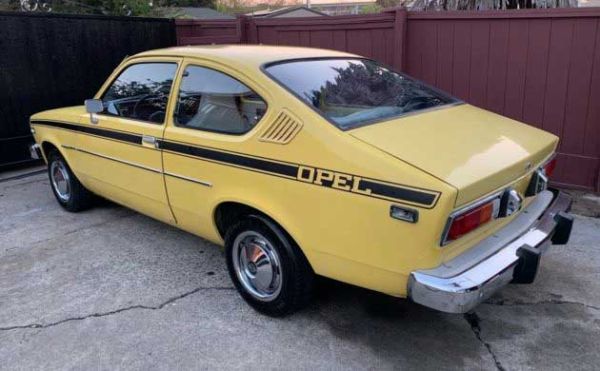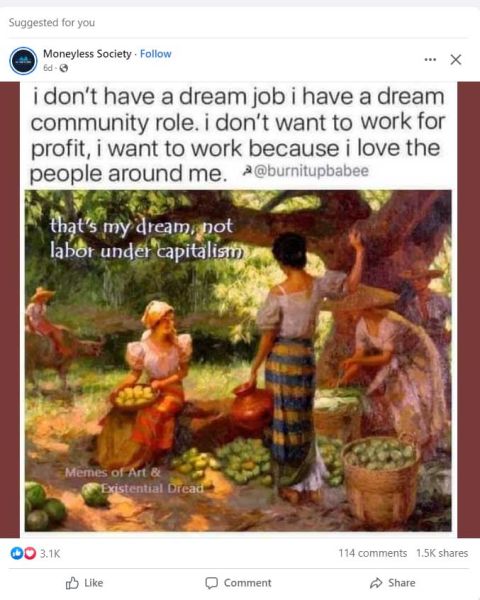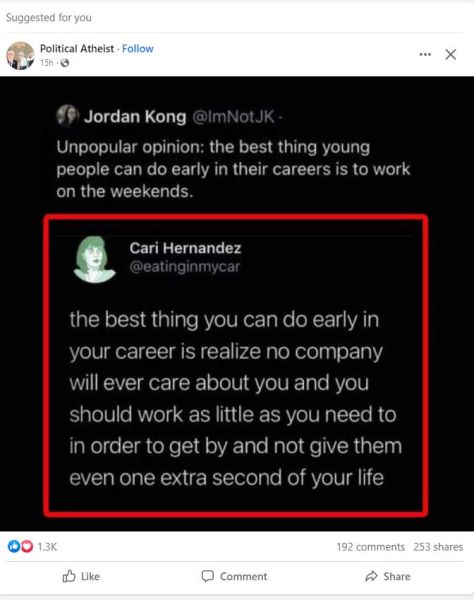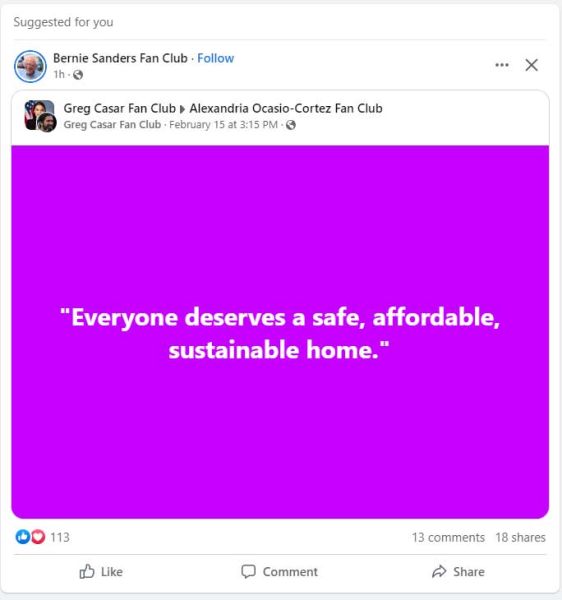The Importance of Money
The Importance of Money
I attended college in the first-half of the 1970s. After years of prosperous times, America faced its first really serious financial crisis, caused by the Arab Oil Embargo of 1973. The Arabs wanted to pressure the U.S. and Europe to drop their support of Israel; and when the two sides did not come to an agreement, the Arabs closed off deliveries of oil.
During my time in college, my alma mater Furman University offered students a variety of campus jobs to alleviate the problems caused by the Embargo, and to help them pay their bills, pay off loans, and so on. The students paying off loans to the University got priority with the jobs. The rest of us fought over what was left. Campus jobs did not stay open very long. I worked in the dining hall washing dishes, maintaining beverage dispensers, and disposing of waste food.
During the late-Summer, Furman allowed the Atlanta Falcons to use its facilities for vetting its new players. Those guys got steak everyday. I remember how the workers on the cleaning-line kept a bowl at their work-stations to store the throw-away steak. I didn't have a car and travelled a lot by hitchhiking, or locally on my bicycle. As I stood on the Interstate hitchhiking, I saw girls I knew casually at college pass me without a second glance.
I graduated in 1976 as the economy gained steam, and started working for my father at a livestock feed-mill. I craved work and worked all the time. I had lived like a poor student for so long, I just craved money. After a few months at the feed-mill, I started a checking account. A year later, I had enough to buy a car, an Isuzu Opel. Before that, I drove a battered old Volkswagen Beetle that had sat at the mill because no one else wanted to drive it.
But I never forgot the fear and humiliation caused by bouncing checks, never having any money to buy clothes, or socialize. I hated the persnickity bank-tellers, and the rest of the rigmarole of being a poor student.
You can blame people or institutions for your poverty—the banks, the nation's government for not making things free, or the bigwigs on Wall Street for hoarding all their dough. All this happened so long ago, I really don't remember if I blamed anyone or not; but I never lost a reverence for money. In that sense, I crossed a sort of threshold that few in my social-class experienced—not even those in my own family.
Also, because I was indigent, I drifted down the social ladder into the realm of other poor students, whose digs were as shitty as mine was. But they didn't complain, so I never felt that I could, either. They had a fantastic work-ethic that rubbed off on me, so that I ended up having to compete against them to maintain my self-respect.
I never dreamed of a pot of gold at the end of the rainbow. I had to think in real time to survive and get finished college, so I could go to work. It was a gritty-grade of inspiration. The insight was not that the experience made me a better person, or any of that jazz. You could say the lack of money caused the crisis, so I needed money to resolve it. If you use money to solve problems, it changes your attitude, your mindset toward it.
I remember when I started reading fantasy-fueled Facebook posts, published by bloggers with names like Moneyless Society, Political Atheist, and Alexandria Ocasio-Cortez Fan Club. They have a clueless sense of the importance of money—it grows on trees.
If you simply demand "Free housing for the poor!" or "Free medical care for the poor," you should get it. If someone has lots of money, take it from him and spread it around.
No one in that group has a clue how to pay for all the free stuff, except by stealing. I would like to invite the bloggers at Moneyless Society to create their own country, and start it with the attitude that anyone who has money has to pool it for common use. No one will want to live in a nation like that. The only external entity that will just hand out money to you is the United Nations; but you will be just another dumb-ass UN client-nation, a stigma that few people want.




